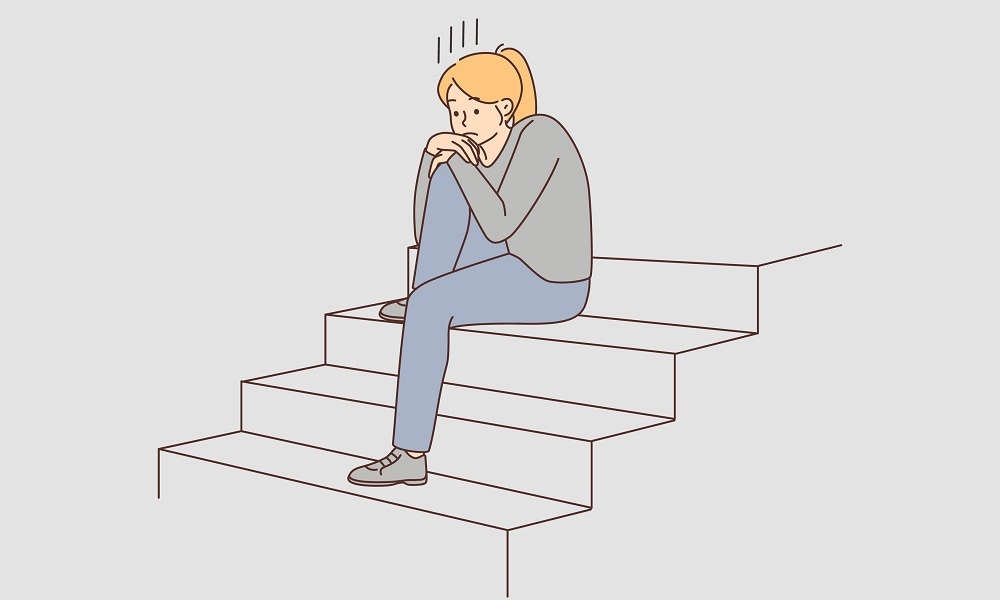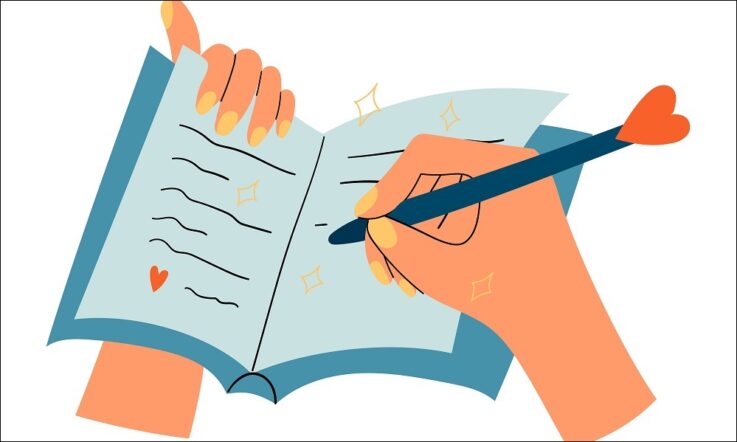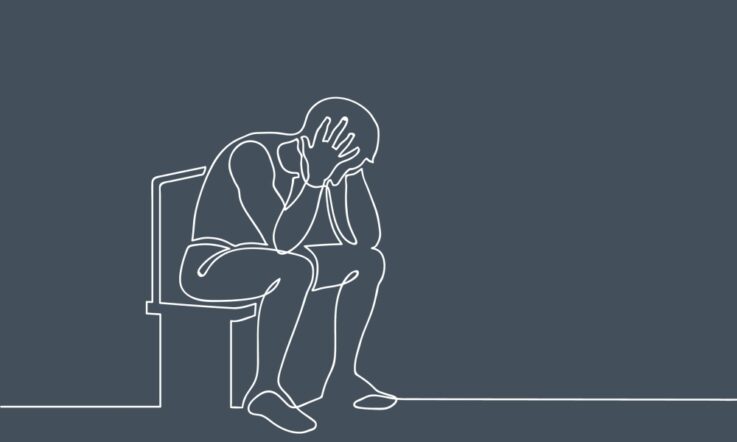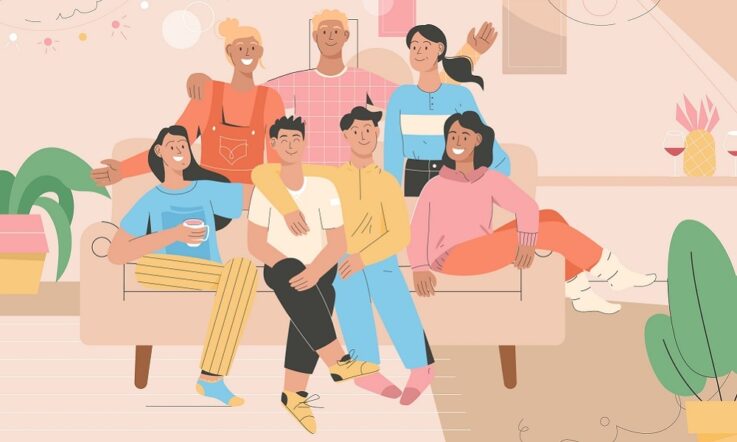The breakdown of an important relationship is something we are likely to all experience at some point in our lives – whether it’s with a significant other, friendship or family member. So, what strategies can we implement to help us cope?
Experiencing the sadness and loss associated with the breakup of a relationship can be a stressful experience, particularly when we are trying to work through these feelings among the busyness of everyday life.
Ratih Arruum Listiyandini is a PhD researcher and Casual Academic at UNSW. She has experience as a clinical psychologist and counsellor and her research areas of interest include mental health and wellbeing, particularly protective psychosocial factors for individuals facing challenging situations. She says ending a meaningful relationship is considered a main stressor for an individual’s life.
‘[A] relationship breakup either with friends, family, or romantic partner can create guilt, anger, lowering self-esteem, sense of rejection, grief and loss,’ she tells Wellbeing by Teacher. ‘This condition hampers our emotional wellbeing and it can trigger stress.’
The positive role relationships play in our lives
Having meaningful connections with others is important for our health and wellbeing. Research shows those who have connections with others experience better health and wellbeing outcomes, such as higher levels of happiness and satisfaction.
Different types of relationships also provide different benefits. Friendships, Listiyandini says, can provide companionship and protection. Close friendships can provide us with feelings of acceptance, closeness, intimacy, loyalty and security. Our family relationships include our spouses, siblings and other relatives. These relationships can provide us with purpose, and also important tangible resources (for example, financial support, information and advice, and encouragement). Finally, romantic relationships can provide us with emotional security, love and intimacy.
‘All the benefits that are provided by each relationship can create a sense of emotional bonding, positive self-concept [and] social integration,’ she shares, adding that they can also support our self-esteem and feelings of safety and satisfaction about life. ‘They can also provide [us] with social control for healthy behaviour, like give us reminders or encouragement to be committed with our physical health, lifestyle, and diet.’
Coping with a relationship breakdown
‘Psychologically, it is really important for us to notice that the process of accepting the grief and loss from a relationship breakup could [be] a long journey,’ Listiyandini says.
There are many strategies that can be implemented to cope with a relationship breakdown. First and foremost, Listiyandini advises that we can take care of our physical health by maintaining good hygiene, a healthy diet, participating in exercise, and getting enough sleep.
It’s also important to accept your feelings of sadness, she adds, and prioritise being kind to yourself.
‘Some studies [have] also shown that writing or journalling could also help to cope with the grief, loss, guilt, and anger because of the relationship breakup,’ she says, adding that trying to journal for 30 minutes each day to express how you feel about the situation, reflect on the role of the relationship in your life, and any other emotions that you are experiencing, could be helpful.
‘You can also follow that with writing down the things that you still have for now, what makes you grateful, or the positive things that you still have about yourself even in difficult circumstances.’





